Childhood asthma affects 8% of children in the U.S., with significant morbidity. Among children in urban areas, the prevalence is even higher (10-15%). Equity in Childhood Asthma treatment and research is essential. Fortunately, inhaled corticosteroids are an extremely effective therapy for childhood asthma. Unfortunately, this asthma therapy is underutilized with adherence rates of less than 20%, particularly in low-income patients of color.


The highest rates of emergency department visits and hospitalizations for asthma occur in low-income children and children of color. Many of these visits and hospitalizations are avoidable.
Asthma Link is a low-cost, low-intensity intervention proven effective in improving asthma medication adherence. When a child with uncontrolled asthma is enrolled in the program, their provider faxes medication orders to their school and follows up with a call to the school nurse to discuss care plans. The nurse supervises the administration of the asthma medication during school hours.
In response to school closures that resulted from the COVID-19 pandemic, Dr. Trivedi created Remote Asthma Link, a novel, bilingual, clinic-school linked text message intervention that connects families, pediatric practices, and schools, with the overarching goal of promoting asthma medication adherence.
Remote Asthma Link complements the in-person Asthma Link program and provides daily, preventive inhaler text reminders to parents of children with asthma. School nurses perform weekly remote asthma check-ins with families and are notified if parents do not consistently respond to texts.


The Asthma Link protocol has been implemented in 52 schools in the Central Massachusetts area. The first retrospective observation study of Asthma Link was enormously successful.
Children enrolled in Asthma Link had a:
A beta test of Remote Asthma Link was also successful. Children enrolled in Remote Asthma Link had a:
Given the prevalence of childhood asthma and the potentially life-changing impact of the Asthma Link interventions, Dr. Trivedi is actively working to refine and further evaluate both programs.
Are you interested in supporting our efforts to help children breathe easily?
Initial studies of Asthma Link, a promising intervention with high dissemination potential for children with poorly controlled asthma, are performed and show improvements in health outcomes.
200752 key informant interviews are performed with multi-level participants and partners in Asthma Link to assess facilitators and barriers to successful real-world program implementation. Using that information, a new methodology called CENTER-IT is developed. Participant-identified barriers are presented to a systems-level stakeholder to elicit their opinion on optimal strategies to overcome the patient-identified barriers to implementation.
2007Asthma Link protocol is refined using stakeholder input. A pilot cluster randomized controlled trial to evaluate its implementation and impact on asthma health outcomes is conducted.
2007In response to COVID-related school closures, which disproportionately impacted children of color and socioeconomically disadvantaged families, Remote Asthma Link is developed. This remote version of the Asthma Link program is a novel, bilingual, clinic-school linked text message intervention that connects families, pediatric practices, and schools with the overarching goal of promoting asthma medication adherence.
2007

Land Acknowledgement: The Child Health Equity Center acknowledges that our physical office space is located on the unceded ancestral lands of the Nipmuc people. Many members of the Nipmuc Nation remain in Central Massachusetts and carry on their sacred mission to preserve and promote the culture, language, and values of the Nipmuc people.
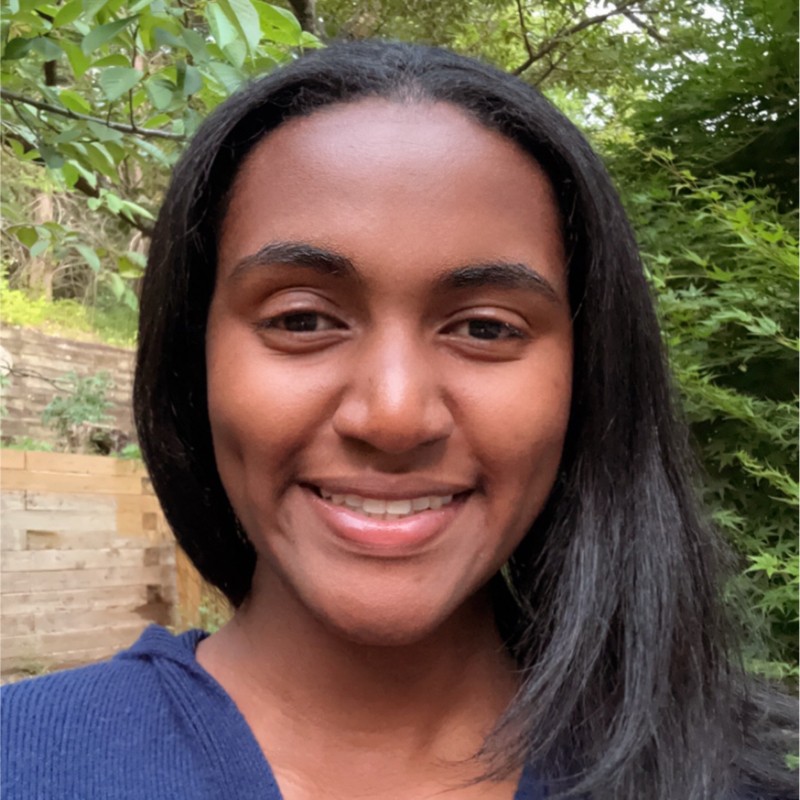
Maia Archer graduated from Boston University with her B.A. in Biology, double minoring in French and Public Health. She is an intern for the Child Health Equity Center primarily assisting with the Pilot Lyft Transportation Program and Food is Medicine Program. Maia will be continuing her academic journey at George Washington University to receive her Masters in Public Health with a concentration in Health Promotion.

Maia Archer graduated from Boston University with her B.A. in Biology, double minoring in French and Public Health. She is an intern for the Child Health Equity Center primarily assisting with the Pilot Lyft Transportation Program and Food is Medicine Program. Maia will be continuing her academic journey at George Washington University to receive her Masters in Public Health with a concentration in Health Promotion.
Monick Powell, C-TAGME, is the Pediatric Training Program Coordinator at UMass Chan Medical School and UMass Memorial Children’s Medical Center. She acts as Coordinator for the Program to Advance Training in Child Health Equity (PATH) Fellowship. She was born in Puerto Rico, grew up in New York, and has been working at UMass since 2004 in various positions in Pediatrics. Ms. Powell established and leads the institutional Training Programs Coordinator Advisory Committee.
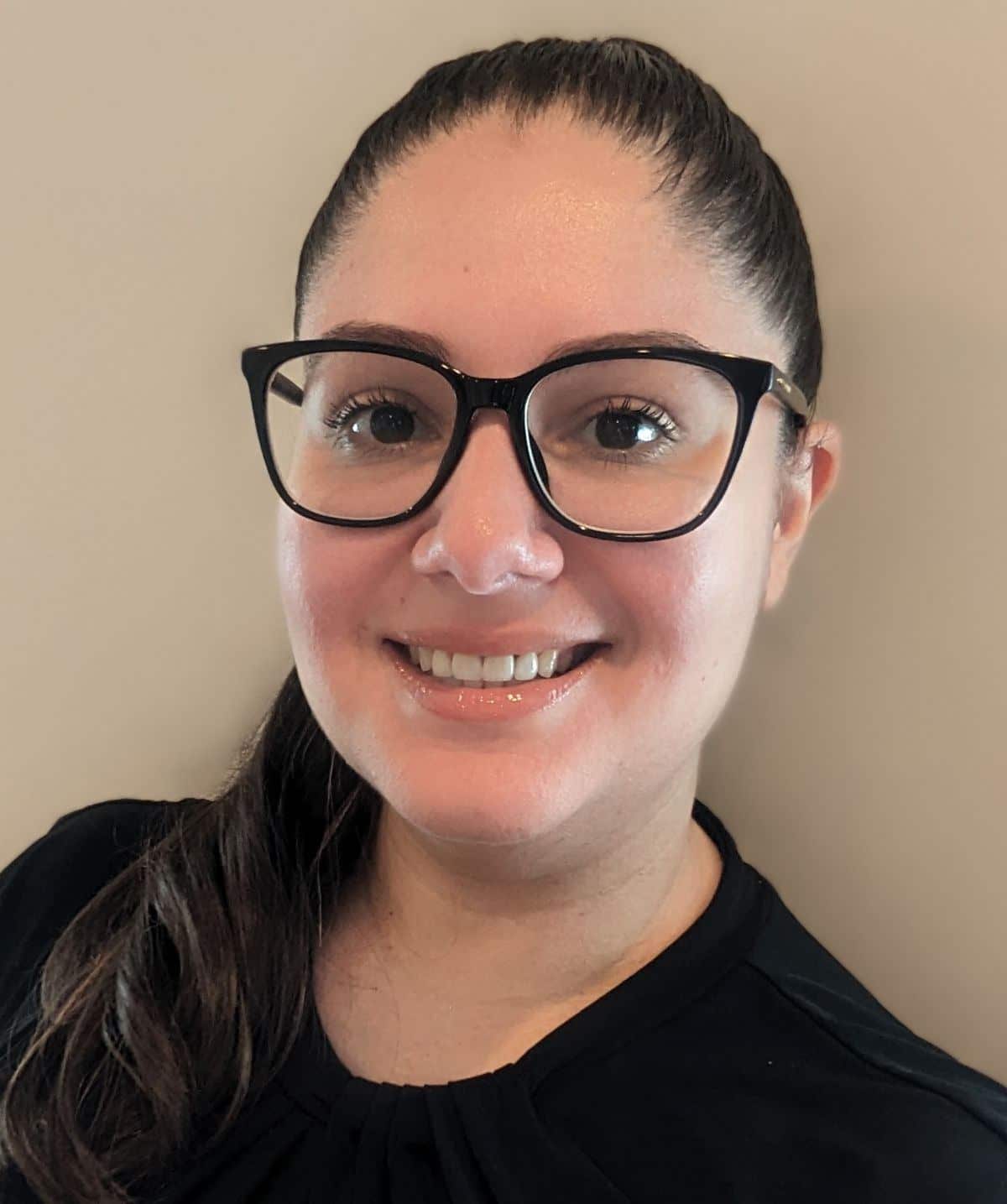
Monick Powell, C-TAGME, is the Pediatric Training Program Coordinator at UMass Chan Medical School and UMass Memorial Children’s Medical Center. She acts as Coordinator for the Program to Advance Training in Child Health Equity (PATH) Fellowship. She was born in Puerto Rico, grew up in New York, and has been working at UMass since 2004 in various positions in Pediatrics. Ms. Powell established and leads the institutional Training Programs Coordinator Advisory Committee.
Larry Rhein, MD, MPH, joined the faculty at UMass Chan Medical School in June 2016. He is an Associate Professor of Pediatrics and Chair of the Department of Pediatrics. Dr. Rhein is board-certified in both pediatric pulmonology and neonatology. He is a health services researcher with a focus on respiratory outcomes of neonatal lung disease and is a national expert on lung disease of prematurity. Dr. Rhein runs a research program focused on optimizing respiratory status in infants with severe lung diseases, particularly infants who are technology- or oxygen-dependent. He has pioneered several protocols for safe outpatient oxygen weaning, which allows infants to be discharged from the neonatal intensive care unit much earlier. Through clinical trials and analysis of physiological data, Dr. Rhein hopes to develop new strategies to prevent and treat neonatal and pediatric lung disease.
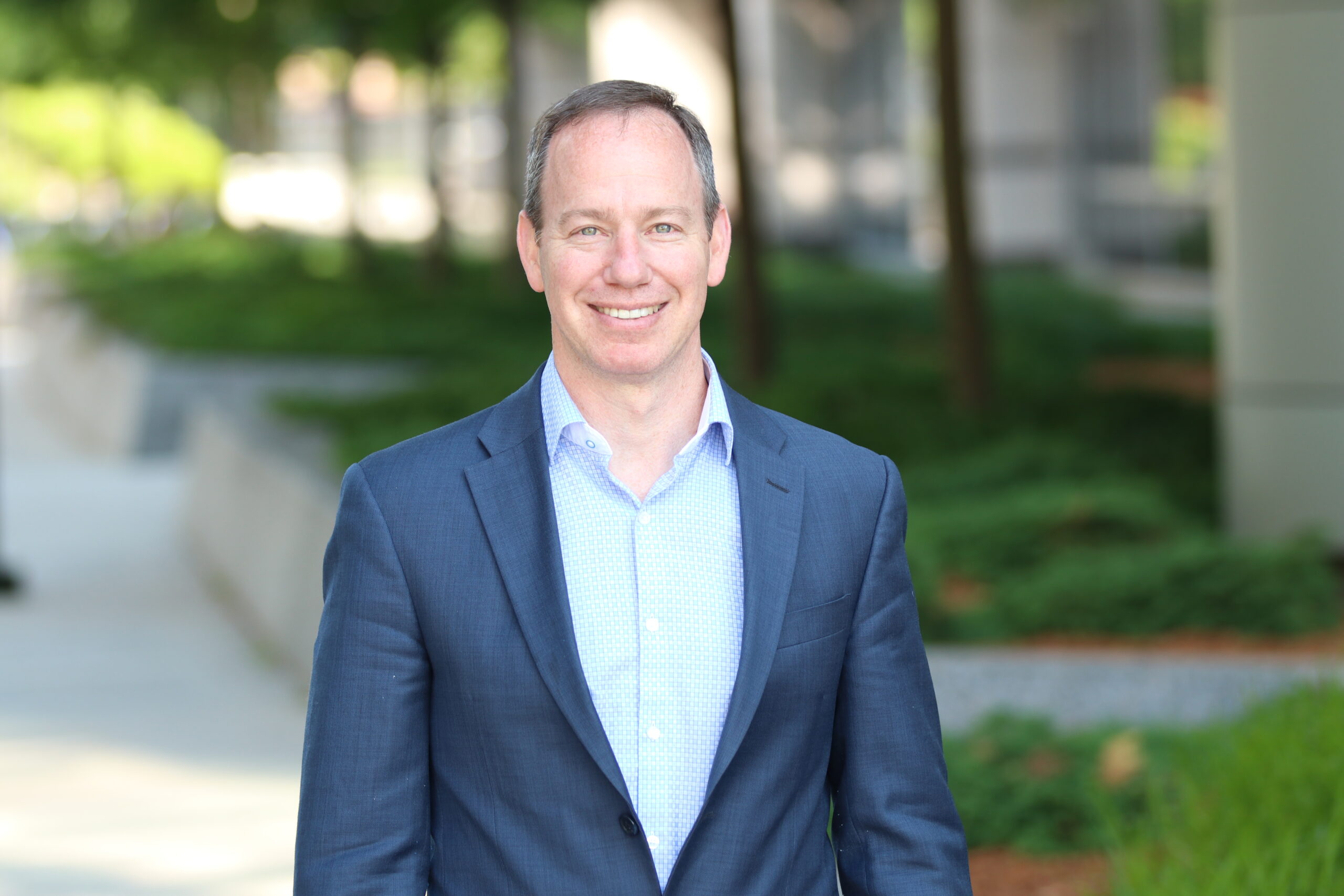
Larry Rhein, MD, MPH, joined the faculty at UMass Chan Medical School in June 2016. He is an Associate Professor of Pediatrics and Chair of the Department of Pediatrics. Dr. Rhein is board-certified in both pediatric pulmonology and neonatology. He is a health services researcher with a focus on respiratory outcomes of neonatal lung disease and is a national expert on lung disease of prematurity. Dr. Rhein runs a research program focused on optimizing respiratory status in infants with severe lung diseases, particularly infants who are technology- or oxygen-dependent. He has pioneered several protocols for safe outpatient oxygen weaning, which allows infants to be discharged from the neonatal intensive care unit much earlier. Through clinical trials and analysis of physiological data, Dr. Rhein hopes to develop new strategies to prevent and treat neonatal and pediatric lung disease.
Michelle Trivedi, MD, MPH, is a pediatric pulmonologist and clinician-scientist who studies sustainable community-based interventions that seek to improve asthma health for children. She is an Associate Professor of Pediatrics and Population Quantitative Health Sciences at UMass Chan Medical School. Dr. Trivedi is Principal Investigator on a National Institutes of Health (NIH)-funded clinical trial of Asthma Link, a clinic-school partnership that delivers school-supervised asthma therapy to children with poorly controlled asthma in 52 schools across Massachusetts.
With a focus on sustainable, pragmatic interventions, she has developed a novel methodology for stakeholder engagement, grounded in implementation science, that elicits input from children, parents, pediatricians, community and systems-level stakeholders (payors, legislators, and public health officials) in order to adapt evidence-based interventions to real-world settings. The ultimate goal of this methodology and her work is to develop interventions that produce positive public and population health impact, particularly for historically marginalized populations.

Michelle Trivedi, MD, MPH, is a pediatric pulmonologist and clinician-scientist who studies sustainable community-based interventions that seek to improve asthma health for children. She is an Associate Professor of Pediatrics and Population Quantitative Health Sciences at UMass Chan Medical School. Dr. Trivedi is Principal Investigator on a National Institutes of Health (NIH)-funded clinical trial of Asthma Link, a clinic-school partnership that delivers school-supervised asthma therapy to children with poorly controlled asthma in 52 schools across Massachusetts.
With a focus on sustainable, pragmatic interventions, she has developed a novel methodology for stakeholder engagement, grounded in implementation science, that elicits input from children, parents, pediatricians, community and systems-level stakeholders (payors, legislators, and public health officials) in order to adapt evidence-based interventions to real-world settings. The ultimate goal of this methodology and her work is to develop interventions that produce positive public and population health impact, particularly for historically marginalized populations.
Meg Parker, MD, MPH, is an Associate Professor of Pediatrics and Chief of the Division of Neonatology at UMass Chan Medical School and UMass Memorial Children’s Medical Center. Dr. Parker is a neonatal health services researcher and holds several federal and foundation grants in the area of social disparities in preterm birth outcomes; she has a particular interest in safe sleep and breastfeeding.
Dr. Parker is also an expert in multi-site implementation science and is the Co-Chair of the Neonatal Quality Improvement Collaborative of Massachusetts and an Improvement Advisor from the Institute of Healthcare Improvement. She has led multi-site NICU quality improvements focused on breastfeeding and family engagement. Dr. Parker applies a health equity lens to her local and multisite quality improvement projects.
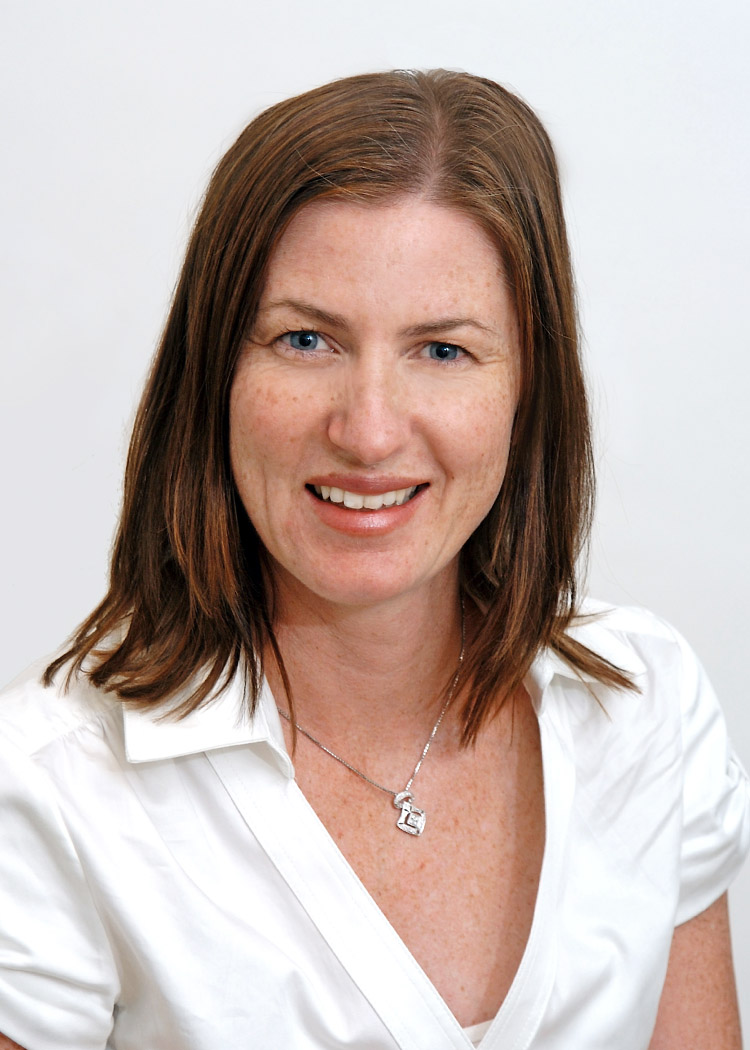
Meg Parker, MD, MPH, is an Associate Professor of Pediatrics and Chief of the Division of Neonatology at UMass Chan Medical School and UMass Memorial Children’s Medical Center. Dr. Parker is a neonatal health services researcher and holds several federal and foundation grants in the area of social disparities in preterm birth outcomes; she has a particular interest in safe sleep and breastfeeding.
Dr. Parker is also an expert in multi-site implementation science and is the Co-Chair of the Neonatal Quality Improvement Collaborative of Massachusetts and an Improvement Advisor from the Institute of Healthcare Improvement. She has led multi-site NICU quality improvements focused on breastfeeding and family engagement. Dr. Parker applies a health equity lens to her local and multisite quality improvement projects.
Heather Forkey, MD, is a pediatrician and a Professor of Pediatrics at the UMass Chan Medical School. She also directs the Child Protection Program and Foster Children Evaluation Service (FaCES) of the UMass Memorial Children’s Medical Center. Dr. Forkey is particularly interested in meeting the health and developmental needs of children who have experienced trauma. In collaboration with colleagues, she has trained thousands of professionals and parents about the impacts of childhood trauma and has developed innovative resources to make that work easier. She published the first textbook on trauma-informed care for pediatrics and presents nationally and internationally on the topic. Dr. Forkey also serves in leadership roles for the National Child Traumatic Stress Network and the American Academy of Pediatrics.
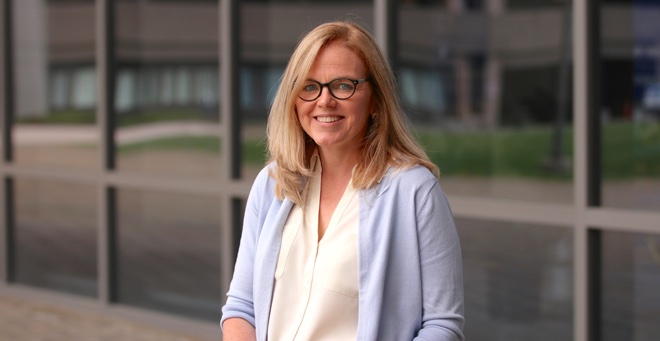
Heather Forkey, MD, is a pediatrician and a Professor of Pediatrics at the UMass Chan Medical School. She also directs the Child Protection Program and Foster Children Evaluation Service (FaCES) of the UMass Memorial Children’s Medical Center. Dr. Forkey is particularly interested in meeting the health and developmental needs of children who have experienced trauma. In collaboration with colleagues, she has trained thousands of professionals and parents about the impacts of childhood trauma and has developed innovative resources to make that work easier. She published the first textbook on trauma-informed care for pediatrics and presents nationally and internationally on the topic. Dr. Forkey also serves in leadership roles for the National Child Traumatic Stress Network and the American Academy of Pediatrics.
Nisha Fahey, DO, MSc, is an Assistant Professor at UMass Chan Medical School in the Division of General Pediatrics and a faculty member in the Child Health Equity Center with a focus on global health. Dr. Fahey leads an institutional collaboration with an academic tertiary care center in rural western India focused on research capacity building and community engagement to identify and address barriers to care and health inequities in rural community settings. Through this collaboration, she has led the implementation of several research projects in India; recent projects have focused on maternal-child health and social determinants of health. In addition, she is passionate about exploring how digital technologies can be used to reduce health inequities. Her current research focuses on developing ways to promote the practice of Kangaroo Mother Care among mother-neonate dyads across a variety of settings.
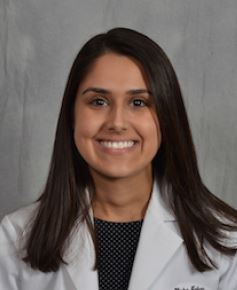
Nisha Fahey, DO, MSc, is an Assistant Professor at UMass Chan Medical School in the Division of General Pediatrics and a faculty member in the Child Health Equity Center with a focus on global health. Dr. Fahey leads an institutional collaboration with an academic tertiary care center in rural western India focused on research capacity building and community engagement to identify and address barriers to care and health inequities in rural community settings. Through this collaboration, she has led the implementation of several research projects in India; recent projects have focused on maternal-child health and social determinants of health. In addition, she is passionate about exploring how digital technologies can be used to reduce health inequities. Her current research focuses on developing ways to promote the practice of Kangaroo Mother Care among mother-neonate dyads across a variety of settings.
Sarabeth Broder-Fingert, MD, MPH, is a pediatrician and implementation scientist who studies early diagnosis and treatment for autistic children and children with other developmental, behavioral, and/or mental health disorders. She is Vice Chair for Clinical Research in Pediatrics and Associate Director for Research at the Eunice Kennedy Shriver Center at UMass Chan Medical School. Dr. Broder-Fingert is Principal Investigator on multiple National Institutes of Health (NIH)-funded awards focused on testing and/or evaluating the implementation of autism interventions. Dr. Broder-Fingert has published more than 60 peer-reviewed manuscripts and serves as an editor for the Autism and Hospital Pediatrics journals.
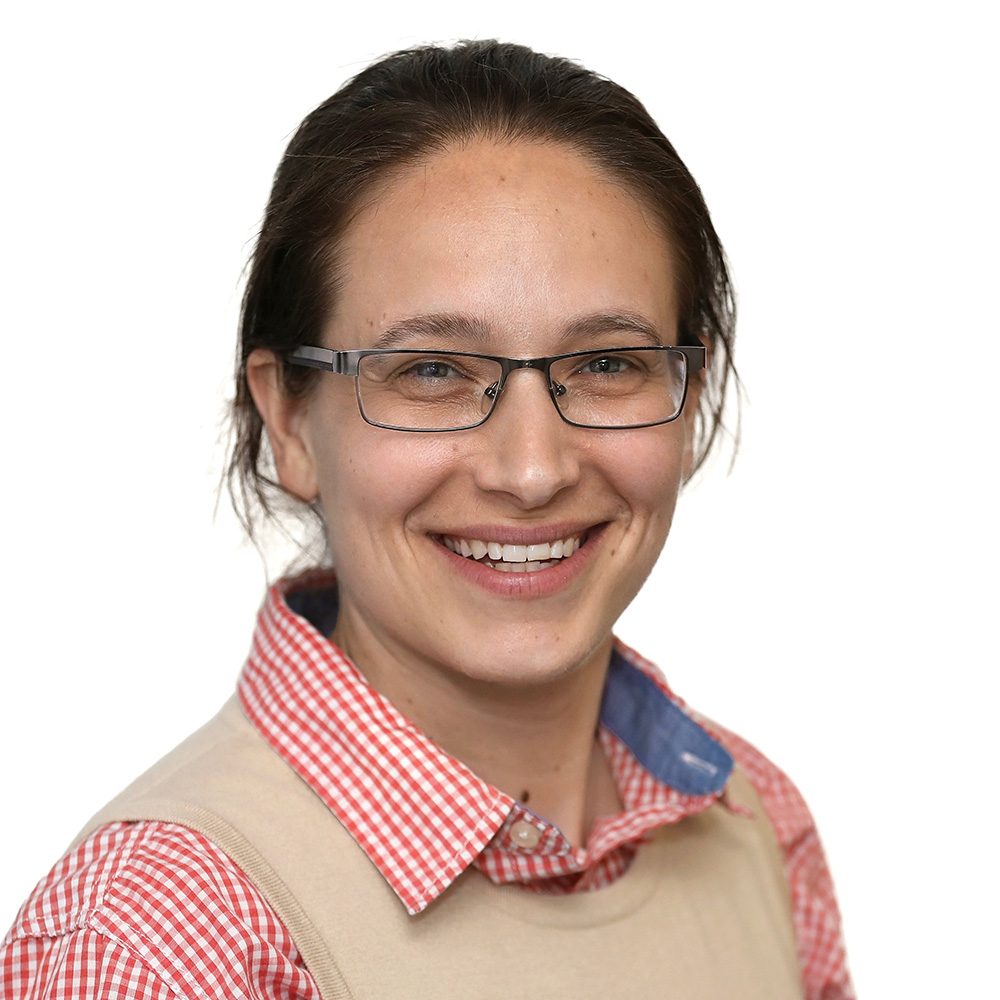
Sarabeth Broder-Fingert, MD, MPH, is a pediatrician and implementation scientist who studies early diagnosis and treatment for autistic children and children with other developmental, behavioral, and/or mental health disorders. She is Vice Chair for Clinical Research in Pediatrics and Associate Director for Research at the Eunice Kennedy Shriver Center at UMass Chan Medical School. Dr. Broder-Fingert is Principal Investigator on multiple National Institutes of Health (NIH)-funded awards focused on testing and/or evaluating the implementation of autism interventions. Dr. Broder-Fingert has published more than 60 peer-reviewed manuscripts and serves as an editor for the Autism and Hospital Pediatrics journals.
Alison LeBlanc, MS, PMP, is an experienced development strategist and child health equity advocate with over a decade of experience designing and implementing initiatives to address adverse social determinants of health. Ms. LeBlanc subscribes to the philosophy “nothing about us without us.” To this end, she has extensive experience fostering bidirectional community partnerships and coalition building. She also has a strong track record of building sustainable centers of excellence in safety-net healthcare systems.
As a disability and chronic disease self-advocate, Ms. LeBlanc has spent years redefining what it means to promote inclusivity and belonging and is dedicated to continually raising the bar for herself and her colleagues. Ms. LeBlanc completed her undergraduate degree at Wesleyan University and completed her master’s in communications at the S.I. Newhouse School of Public Communications at Syracuse University.

Alison LeBlanc, MS, PMP, is an experienced development strategist and child health equity advocate with over a decade of experience designing and implementing initiatives to address adverse social determinants of health. Ms. LeBlanc subscribes to the philosophy “nothing about us without us.” To this end, she has extensive experience fostering bidirectional community partnerships and coalition building. She also has a strong track record of building sustainable centers of excellence in safety-net healthcare systems.
As a disability and chronic disease self-advocate, Ms. LeBlanc has spent years redefining what it means to promote inclusivity and belonging and is dedicated to continually raising the bar for herself and her colleagues. Ms. LeBlanc completed her undergraduate degree at Wesleyan University and completed her master’s in communications at the S.I. Newhouse School of Public Communications at Syracuse University.
Arvin Garg, MD, MPH, is a general pediatrician and clinician-scientist who studies addressing unmet social needs through family-centered healthcare system-based interventions. He is the Founding Director of the Child Health Equity Center and the Founding Program Director of the Program to Advance Training in Child Health Equity (PATH) Fellowship. He is currently a Professor of Pediatrics and Vice Chair of Health Equity at UMass Chan Medical School and UMass Memorial Children’s Medical Center. Dr. Garg is also Associate Chief Quality Officer for Health Equity for UMass Memorial Health.
Since 2009, Dr. Garg has been continuously funded by the National Institutes of Health (NIH) and has received extramural funding from private foundations. He is Principal Investigator or Co-Investigator on multiple NIH-funded awards focused on testing and/or evaluating the implementation of interventions addressing social needs. He has published over 80 peer-reviewed manuscripts and serves as Associate Editor for the Journal of Developmental & Behavioral Pediatrics. He was recently the Chair of the Health Care Delivery Committee for the Academic Pediatric Association.
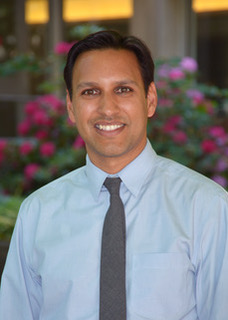
Arvin Garg, MD, MPH, is a general pediatrician and clinician-scientist who studies addressing unmet social needs through family-centered healthcare system-based interventions. He is the Founding Director of the Child Health Equity Center and the Founding Program Director of the Program to Advance Training in Child Health Equity (PATH) Fellowship. He is currently a Professor of Pediatrics and Vice Chair of Health Equity at UMass Chan Medical School and UMass Memorial Children’s Medical Center. Dr. Garg is also Associate Chief Quality Officer for Health Equity for UMass Memorial Health.
Since 2009, Dr. Garg has been continuously funded by the National Institutes of Health (NIH) and has received extramural funding from private foundations. He is Principal Investigator or Co-Investigator on multiple NIH-funded awards focused on testing and/or evaluating the implementation of interventions addressing social needs. He has published over 80 peer-reviewed manuscripts and serves as Associate Editor for the Journal of Developmental & Behavioral Pediatrics. He was recently the Chair of the Health Care Delivery Committee for the Academic Pediatric Association.